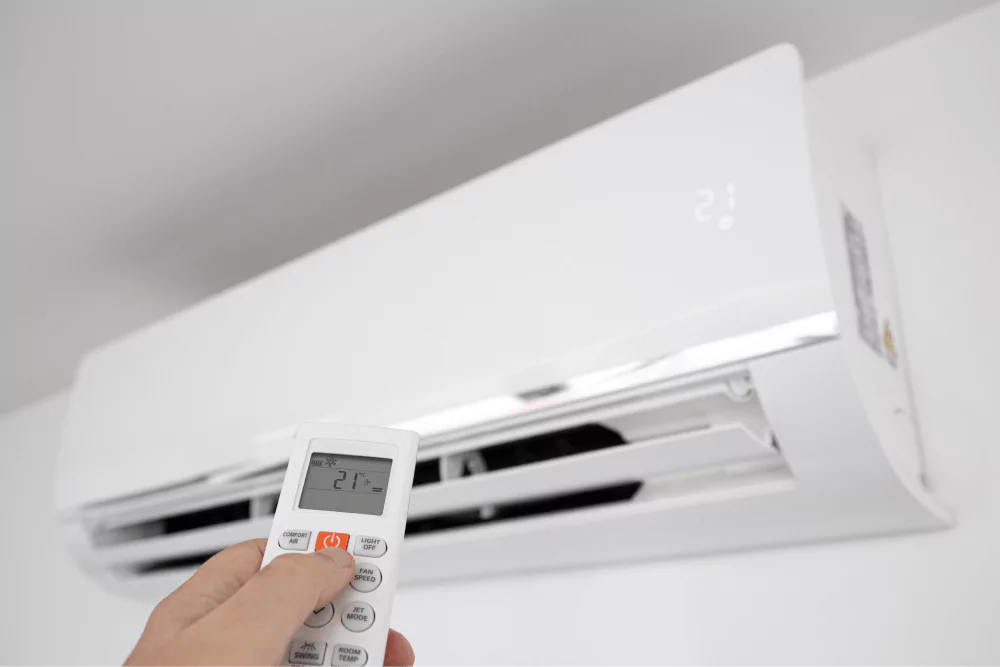
Efficient energy usage is a concern for homeowners in Port St. Lucie, Florida, where hot and humid summers often result in increased reliance on air conditioning. HVAC systems play a significant role in energy expenditure, making it essential for residents to understand how these systems impact utility costs. In this blog post, we’ll explore insights into energy efficiency and HVAC usage in Port St. Lucie.
HVAC System Efficiency Ratings
HVAC systems are rated for efficiency using metrics such as SEER (Seasonal Energy Efficiency Ratio) for cooling and AFUE (Annual Fuel Utilization Efficiency) for heating. Higher SEER and AFUE ratings indicate greater energy efficiency, meaning the system can deliver the same level of comfort using less energy. When purchasing or upgrading HVAC equipment in Port St. Lucie, homeowners should prioritize models with high efficiency ratings to maximize energy savings.
Proper Sizing and Installation
Proper sizing and installation of HVAC systems are critical for optimizing energy efficiency and performance. Undersized systems may struggle to cool or heat the home adequately, leading to increased energy consumption as the system works harder to maintain comfort levels. Conversely, oversized systems may short-cycle, resulting in inefficient operation and higher energy bills. Homeowners in Port St. Lucie should enlist the services of qualified HVAC professionals to ensure the correct sizing and installation of their systems.
Regular Maintenance
Routine maintenance is essential for keeping HVAC systems operating efficiently and minimizing energy waste. Neglected systems may accumulate dirt, dust, and debris, hindering airflow and reducing overall efficiency. Regular maintenance tasks, such as cleaning coils, replacing filters, and checking refrigerant levels, help ensure that HVAC systems operate at peak performance and consume less energy. Port St. Lucie homeowners should schedule annual HVAC inspections and maintenance services to optimize energy efficiency and extend the lifespan of their systems.
Smart Thermostat Integration
Smart thermostats offer advanced features that can help homeowners in Port St. Lucie optimize energy usage and reduce utility costs. These programmable devices allow users to schedule temperature settings based on their daily routines and adjust settings remotely via smartphone apps. By programming the thermostat to raise temperatures when the home is unoccupied or during times of lower energy demand, homeowners can save on cooling costs without sacrificing comfort.
Ductwork Efficiency
Efficient ductwork design and installation are crucial for minimizing energy losses and maximizing HVAC system performance. Leaky or poorly insulated ducts can result in significant energy waste as conditioned air escapes into unconditioned spaces such as attics or crawl spaces. Sealing leaks, insulating ducts, and ensuring proper airflow distribution can help improve ductwork efficiency and reduce energy expenditure in Port St. Lucie homes.
Conclusion
Understanding the factors that influence energy efficiency in HVAC systems is essential for homeowners in Port St. Lucie to manage utility costs effectively. By investing in high-efficiency HVAC equipment, prioritizing proper sizing and installation, scheduling regular maintenance, integrating smart thermostat technology, and optimizing ductwork efficiency, residents can reduce energy consumption and enjoy greater comfort while minimizing their environmental footprint. Taking proactive steps to improve energy efficiency not only saves money but also contributes to a more sustainable future for Port St. Lucie and beyond.